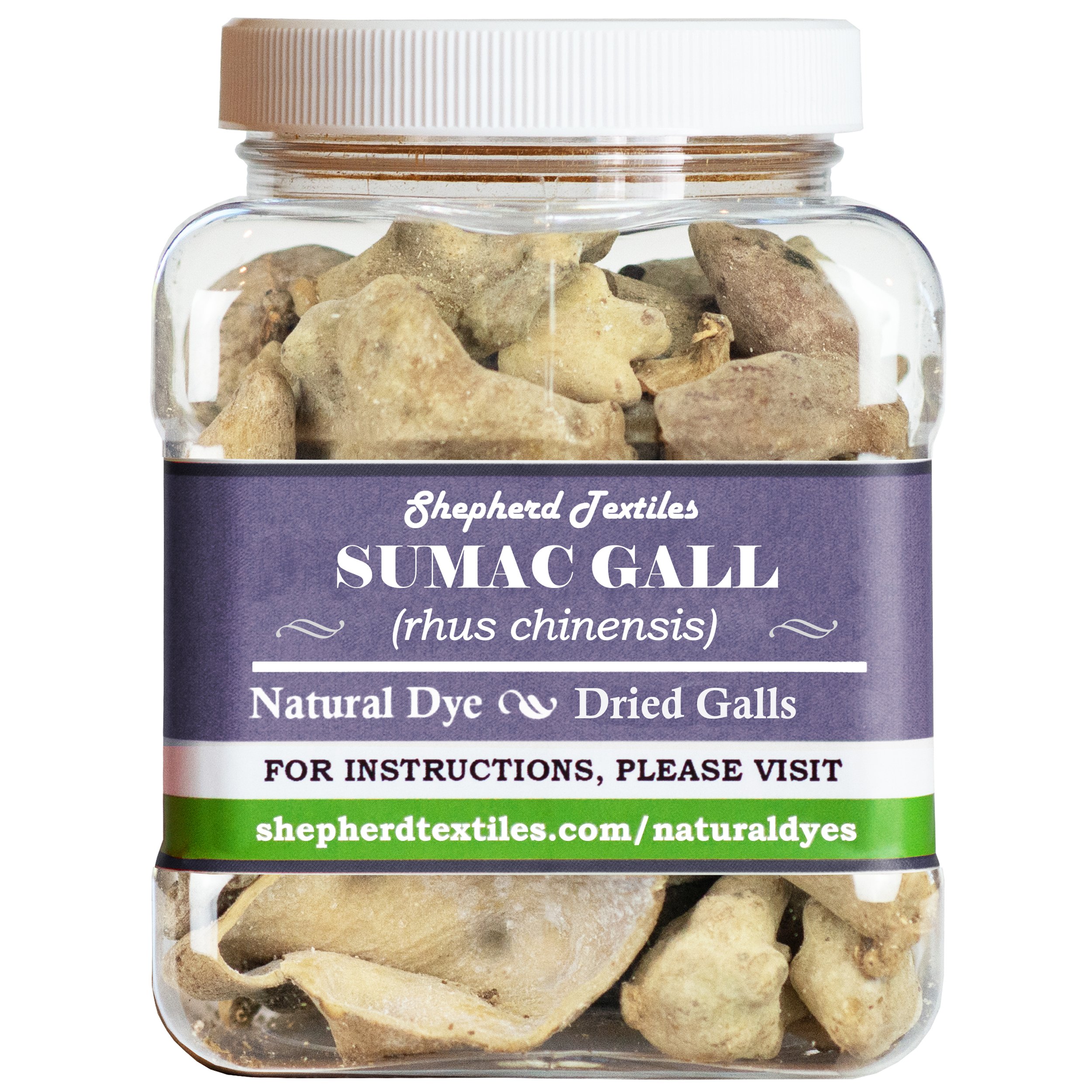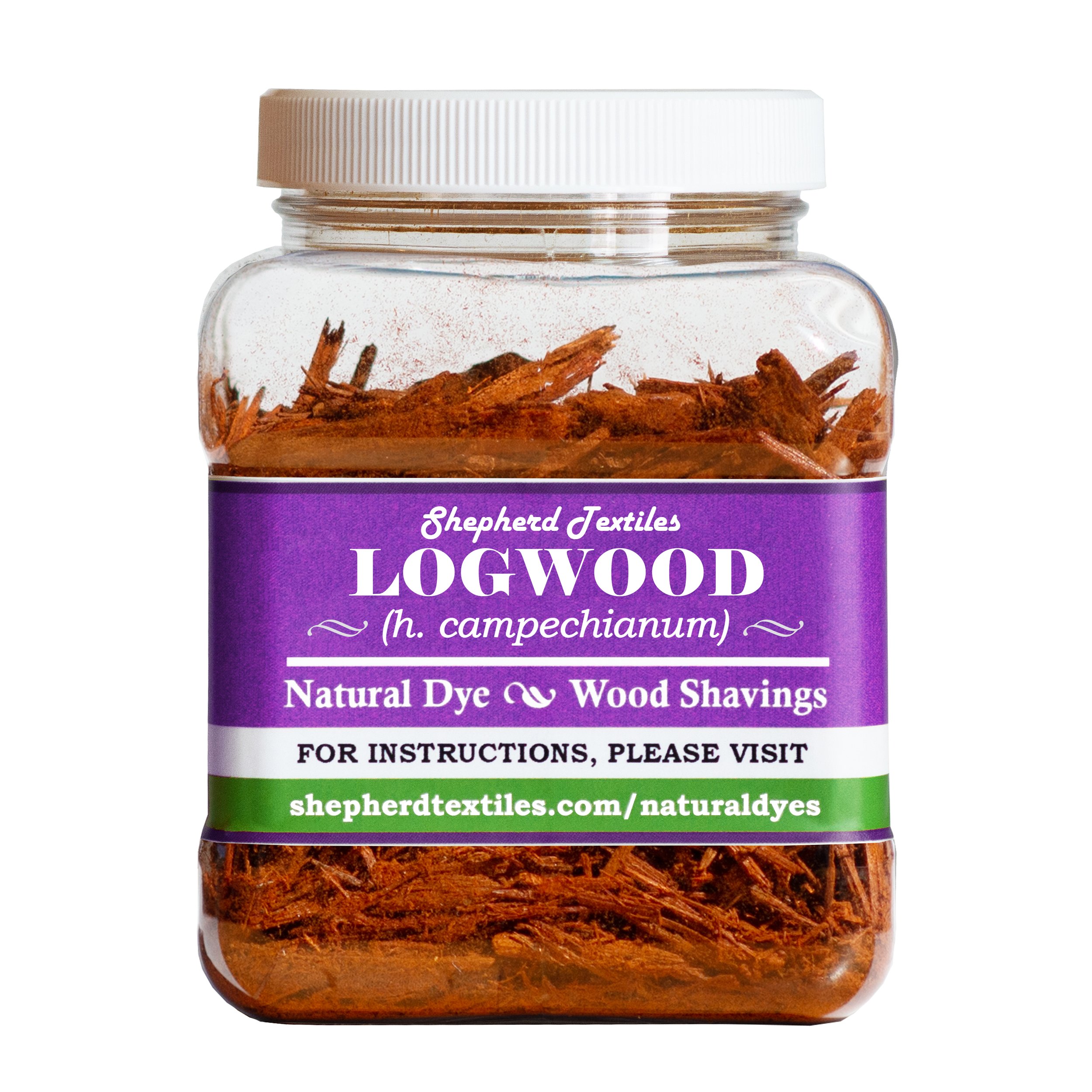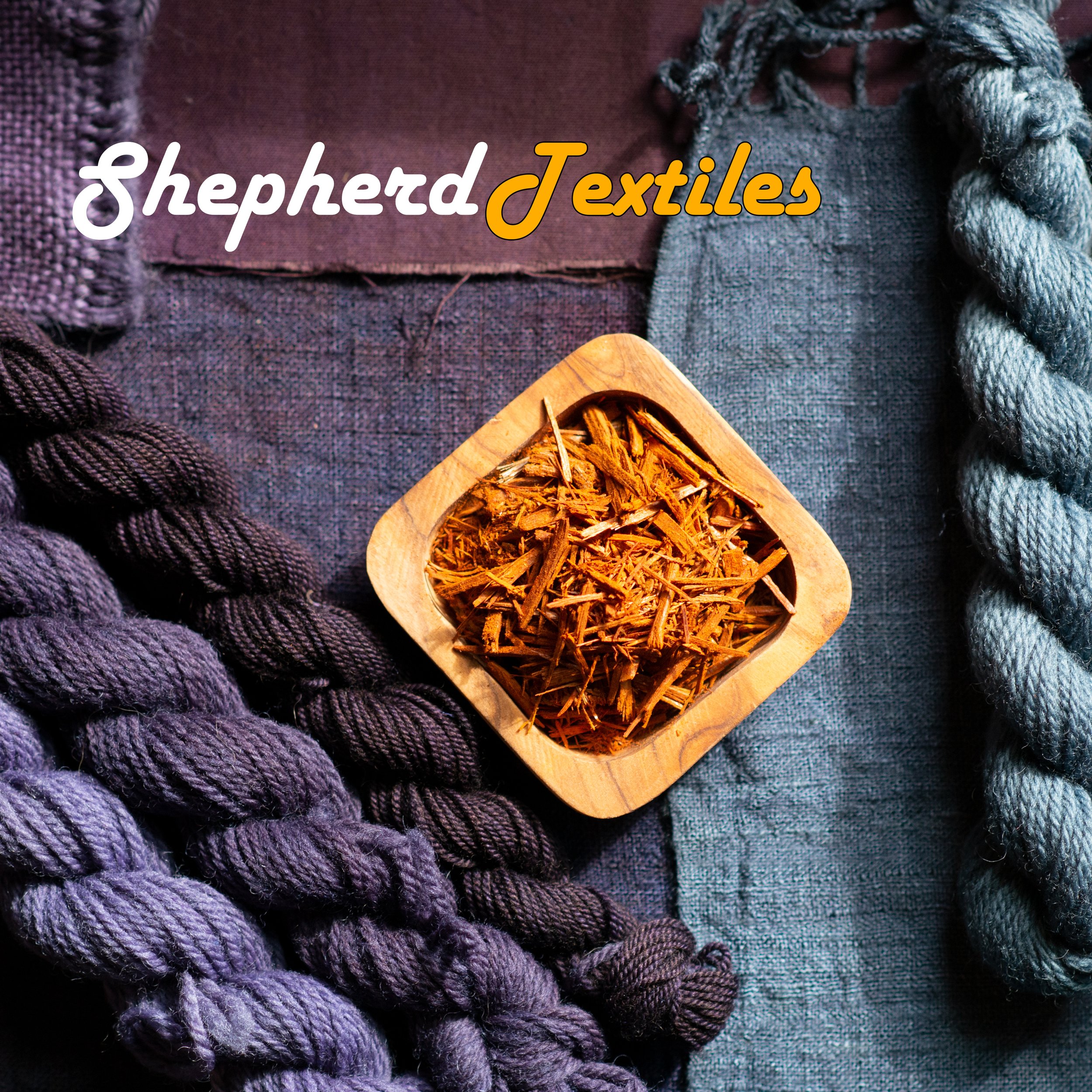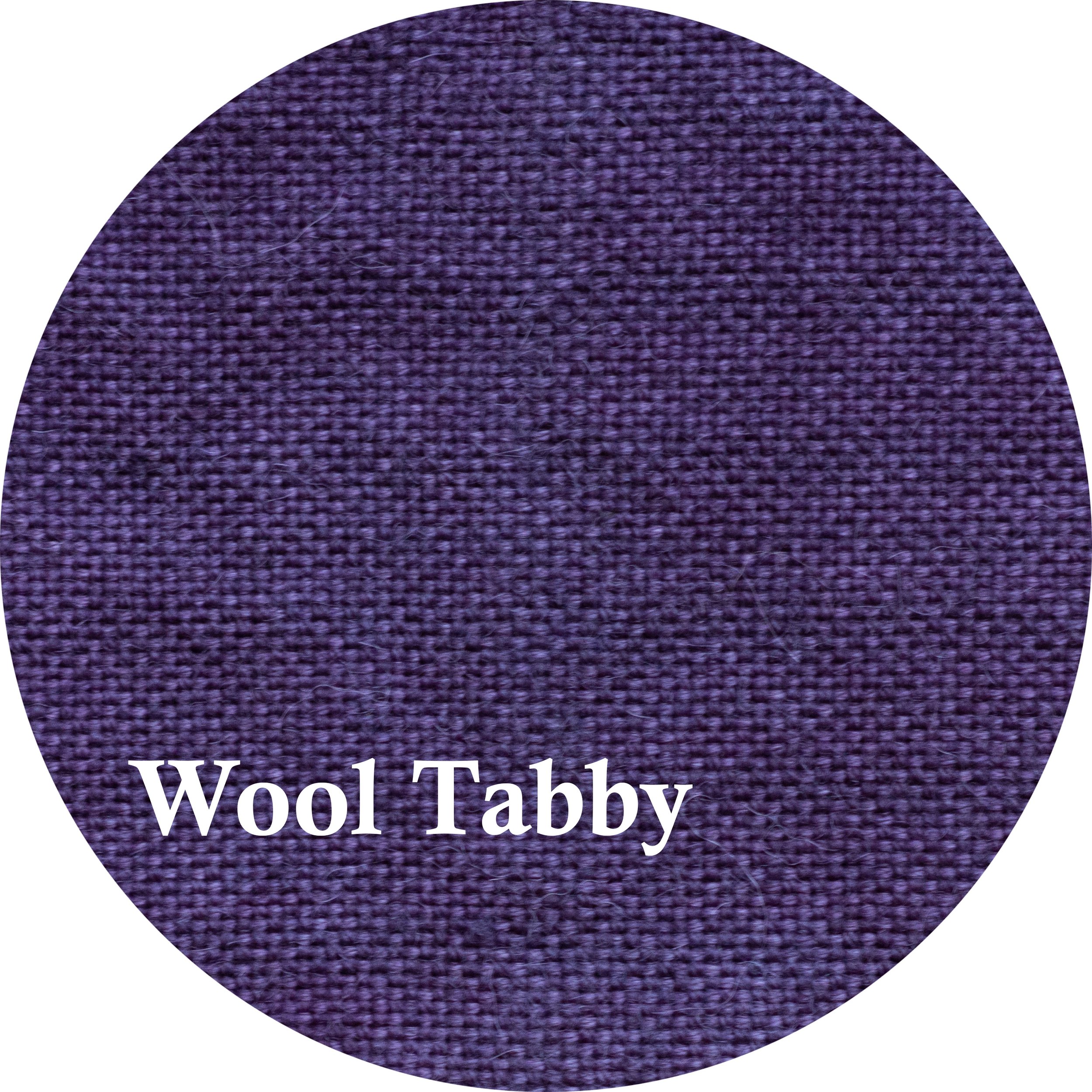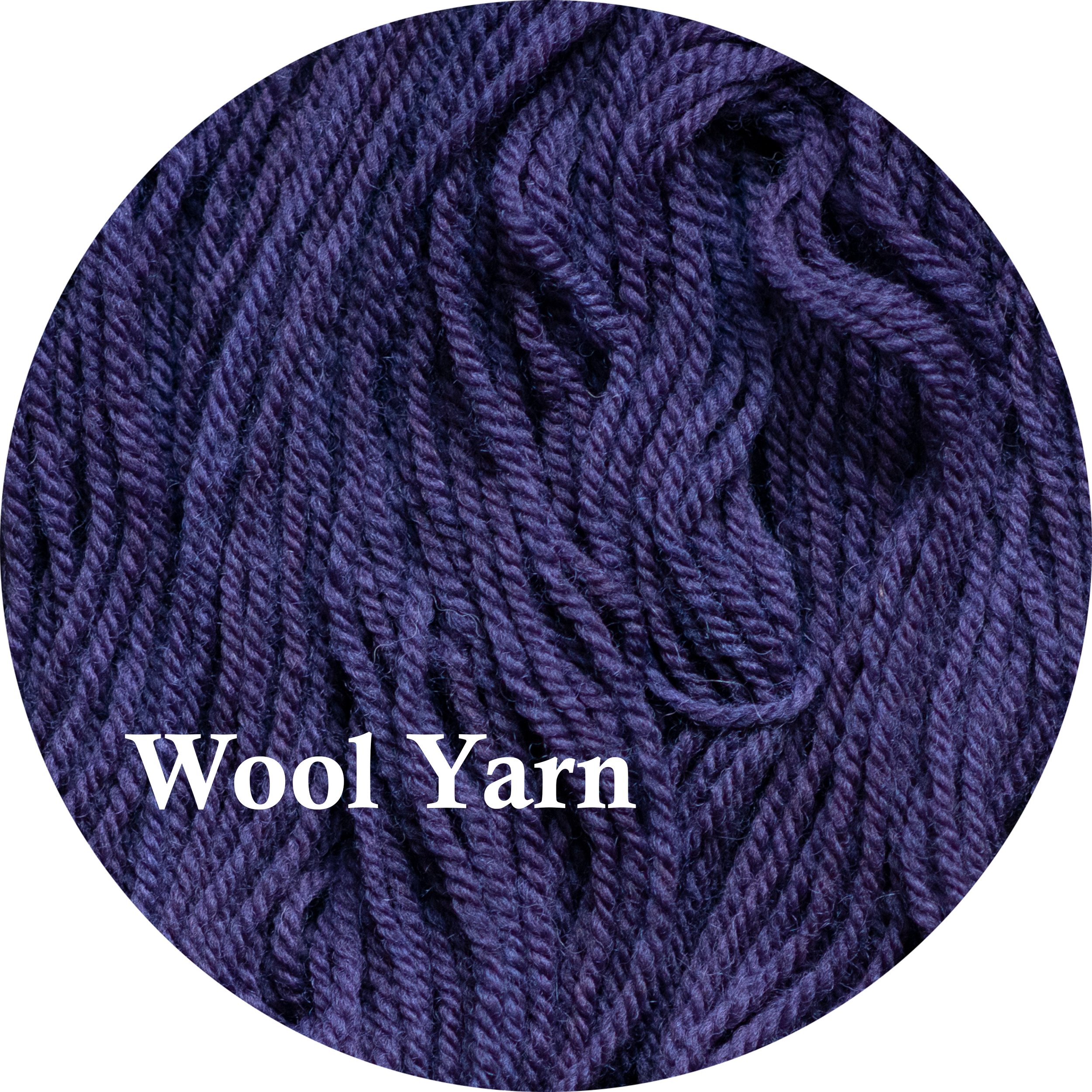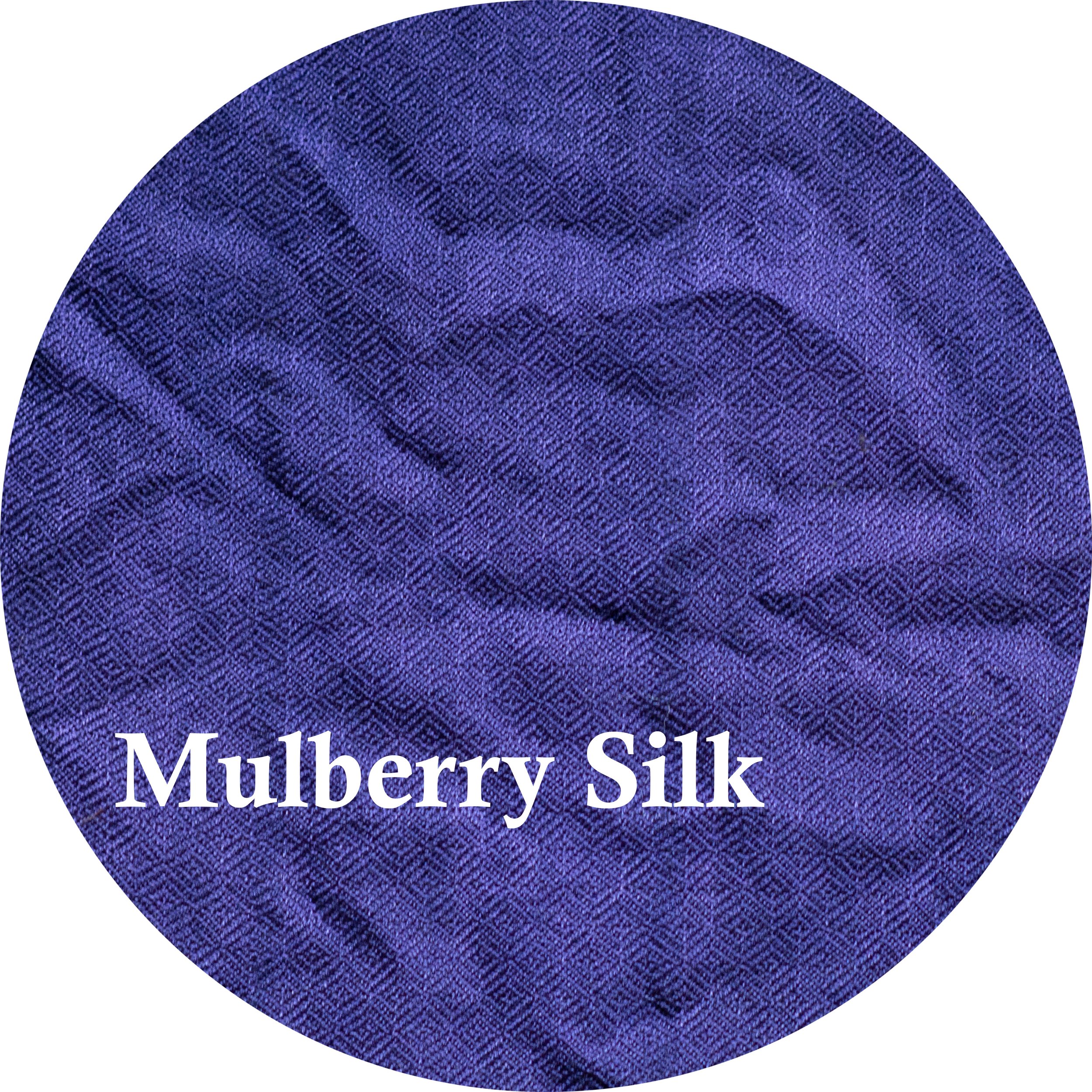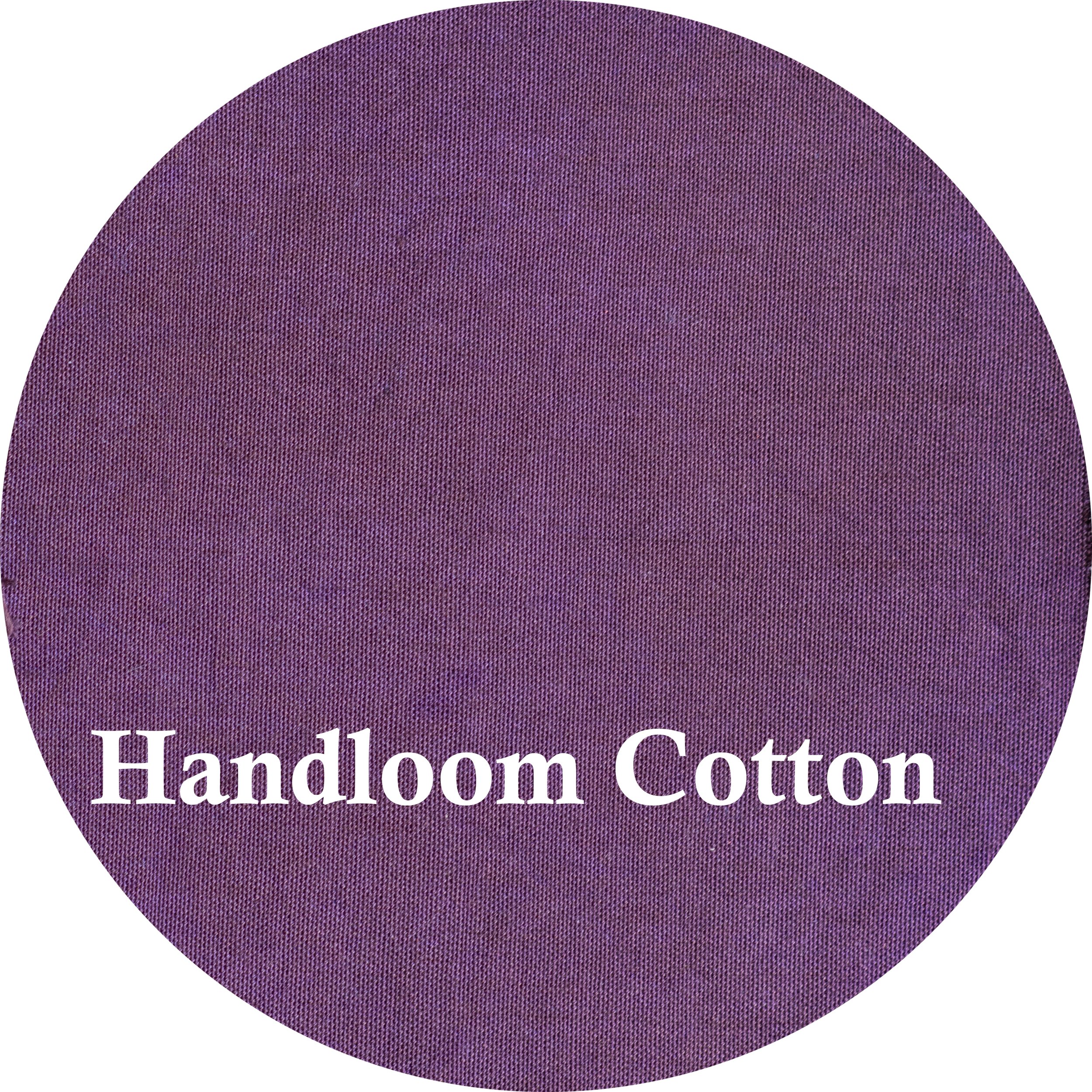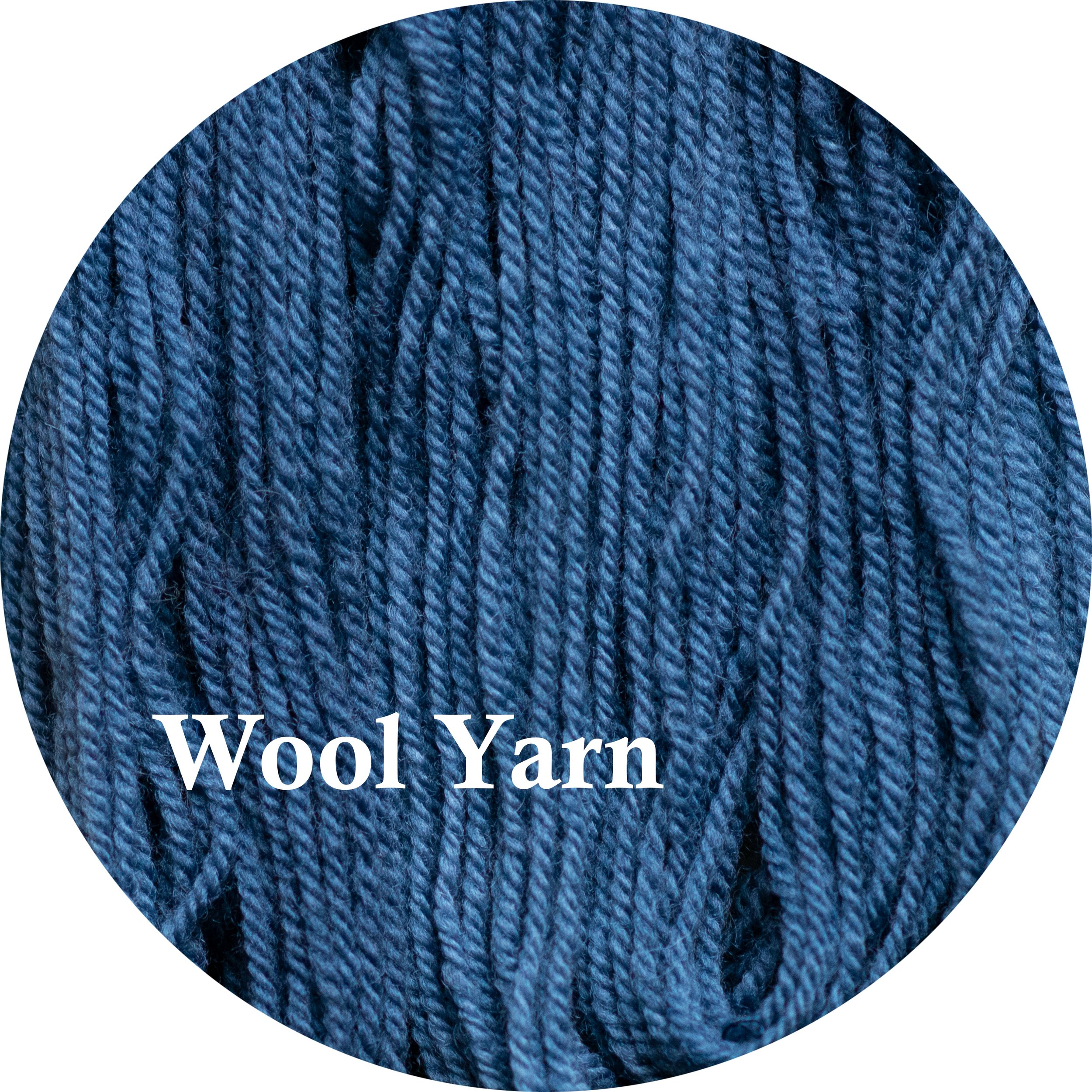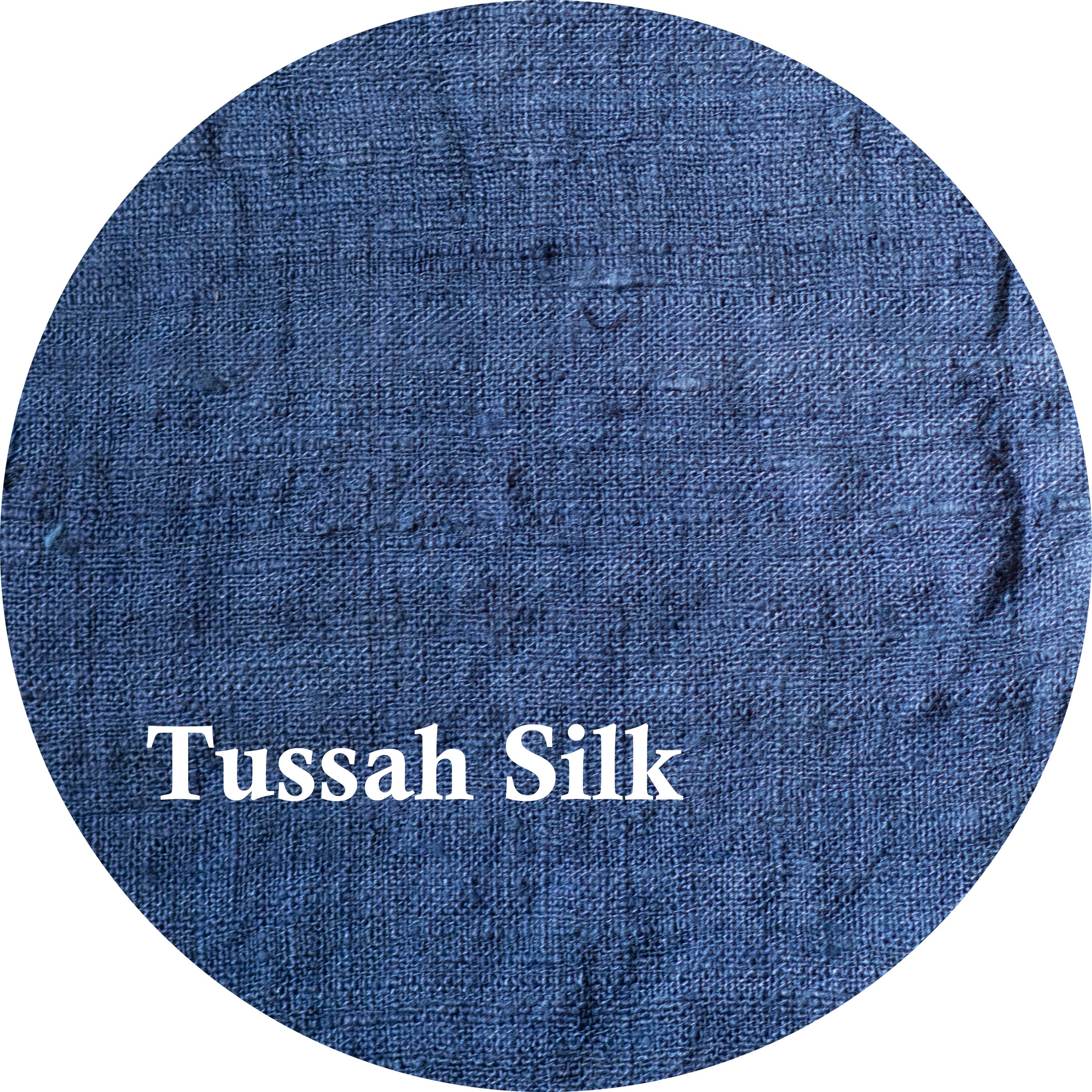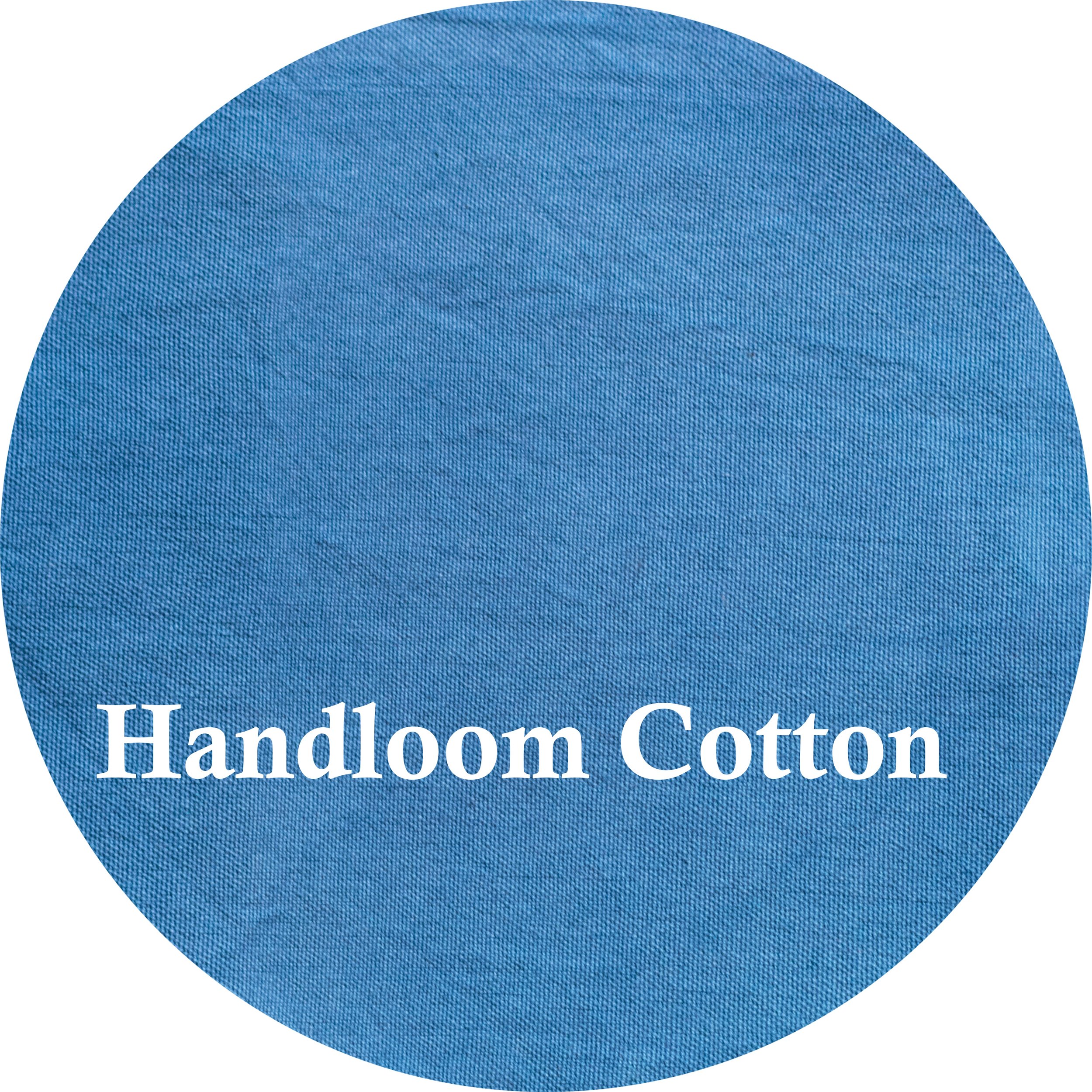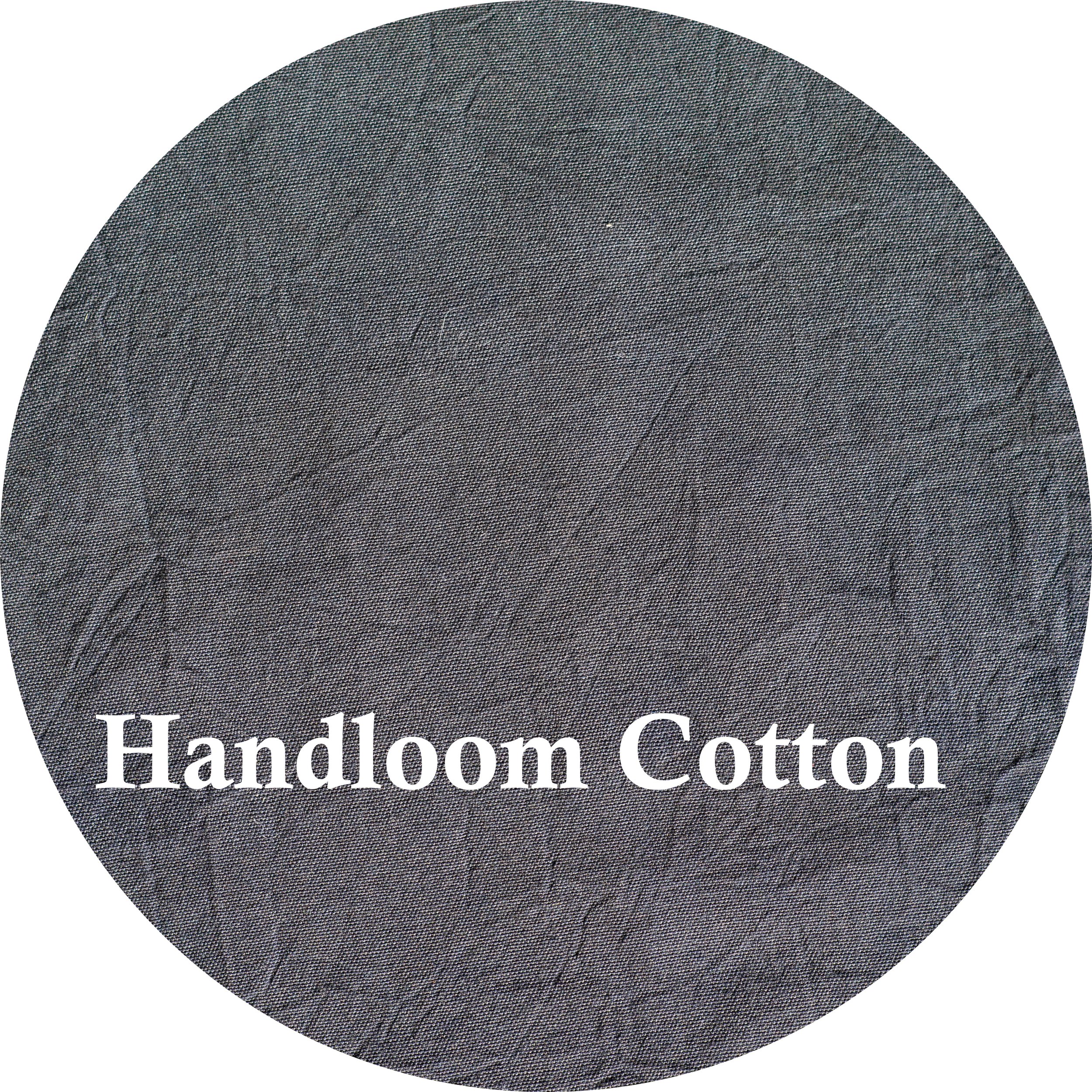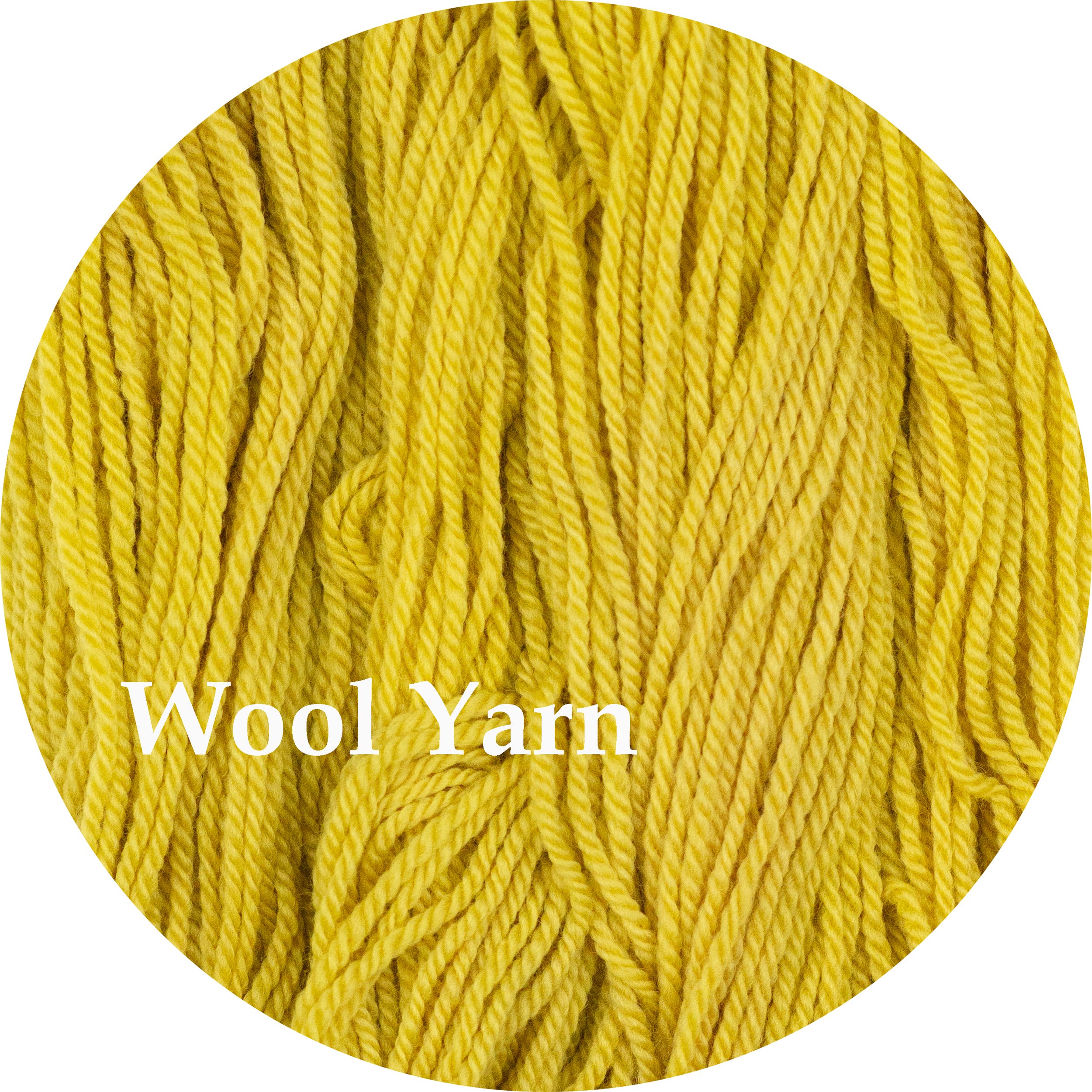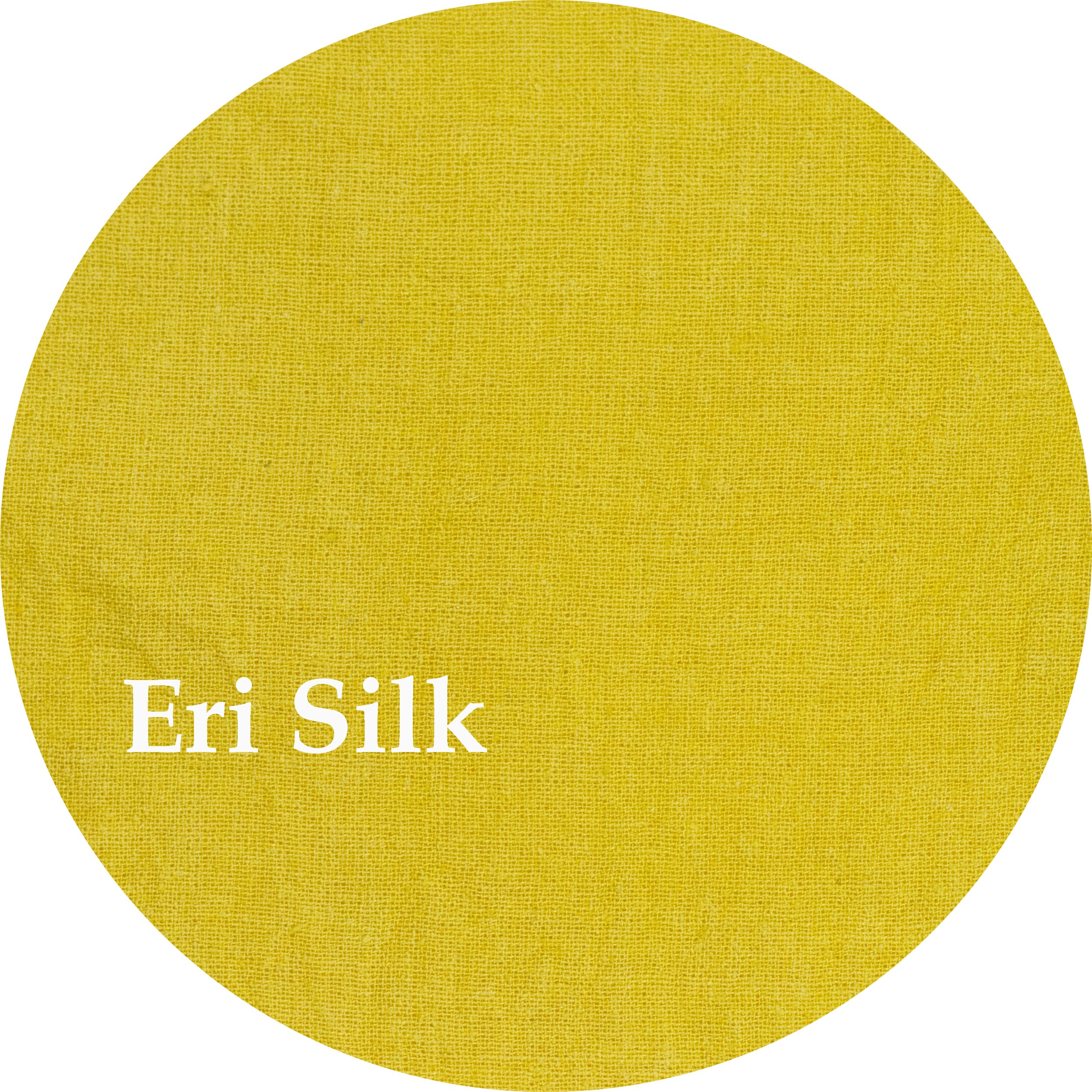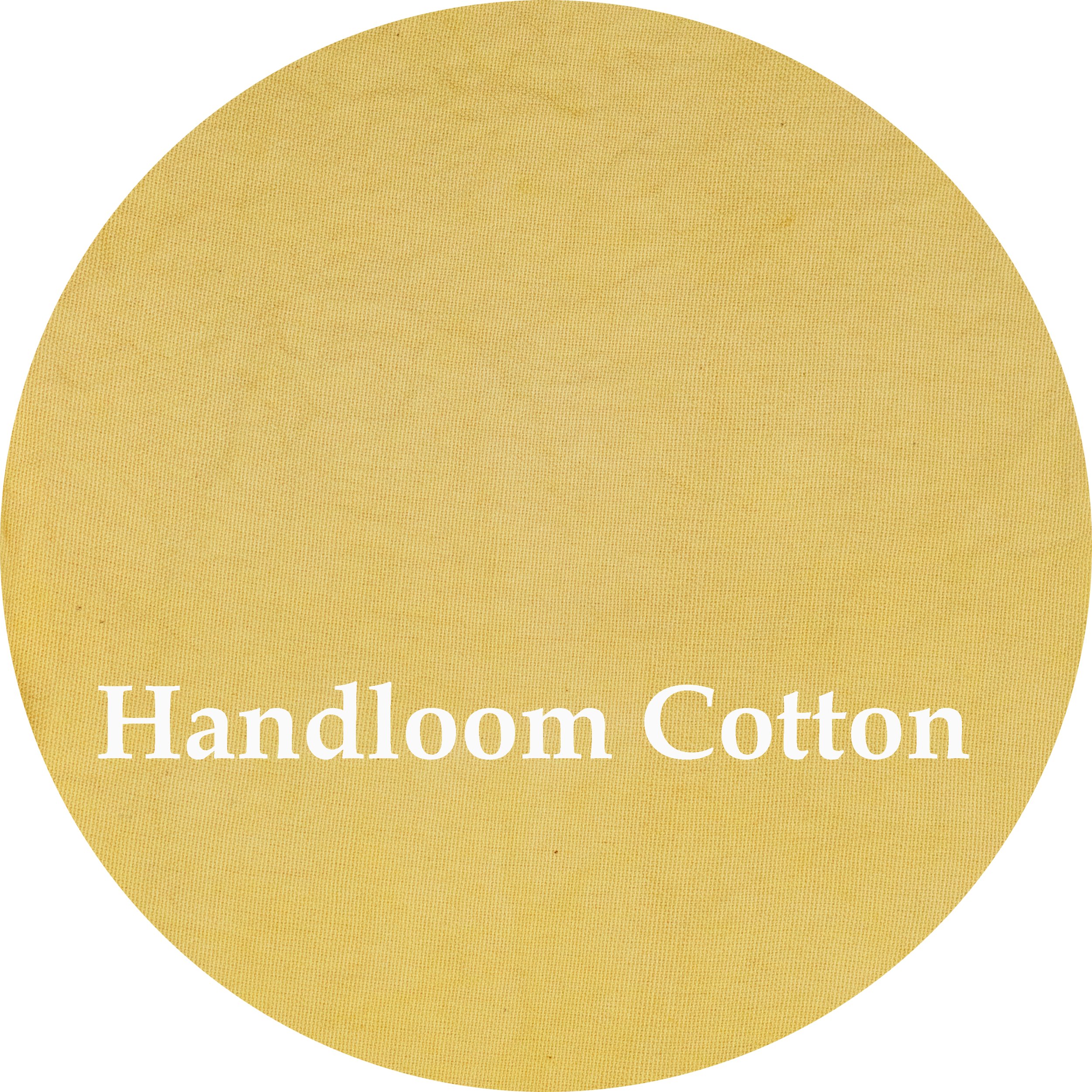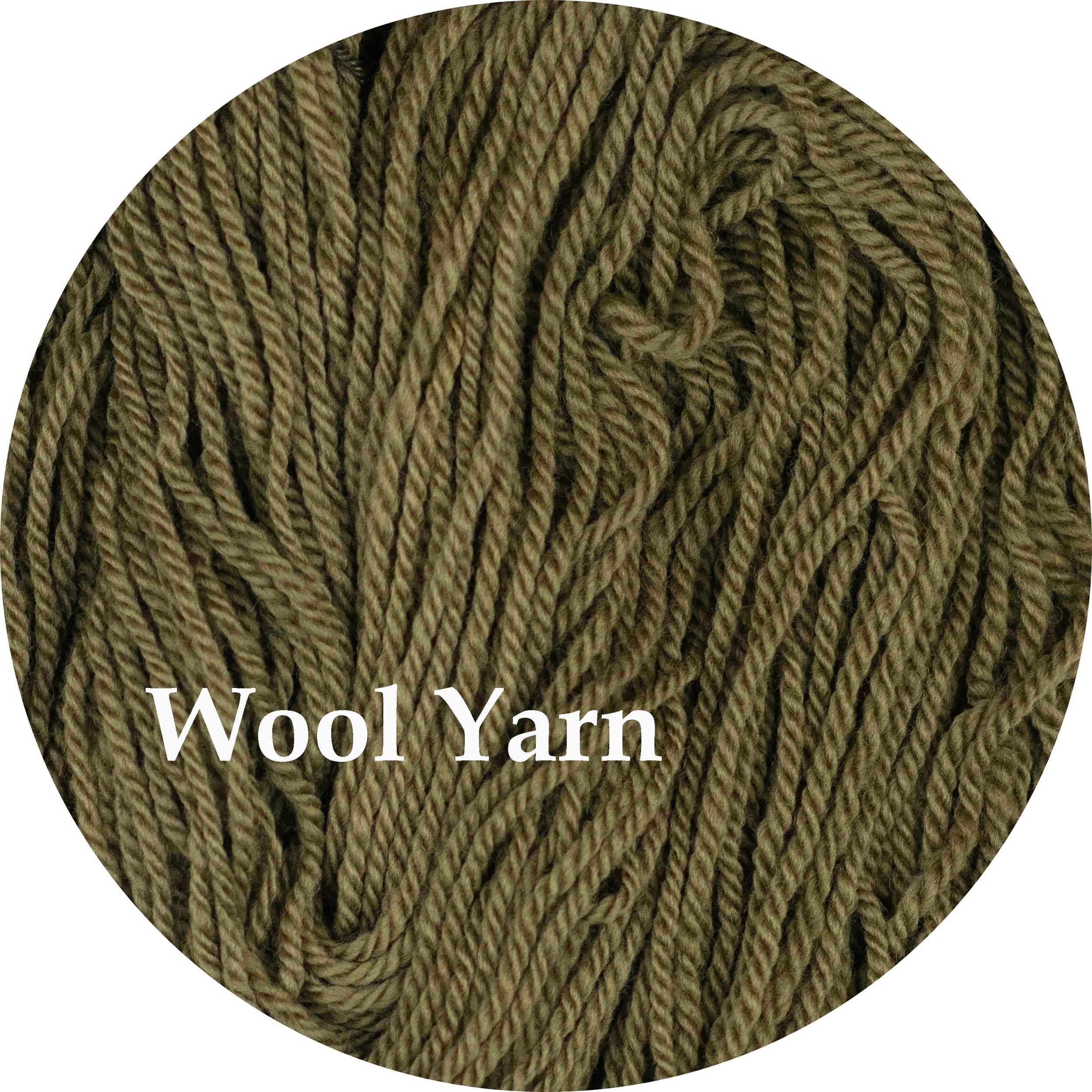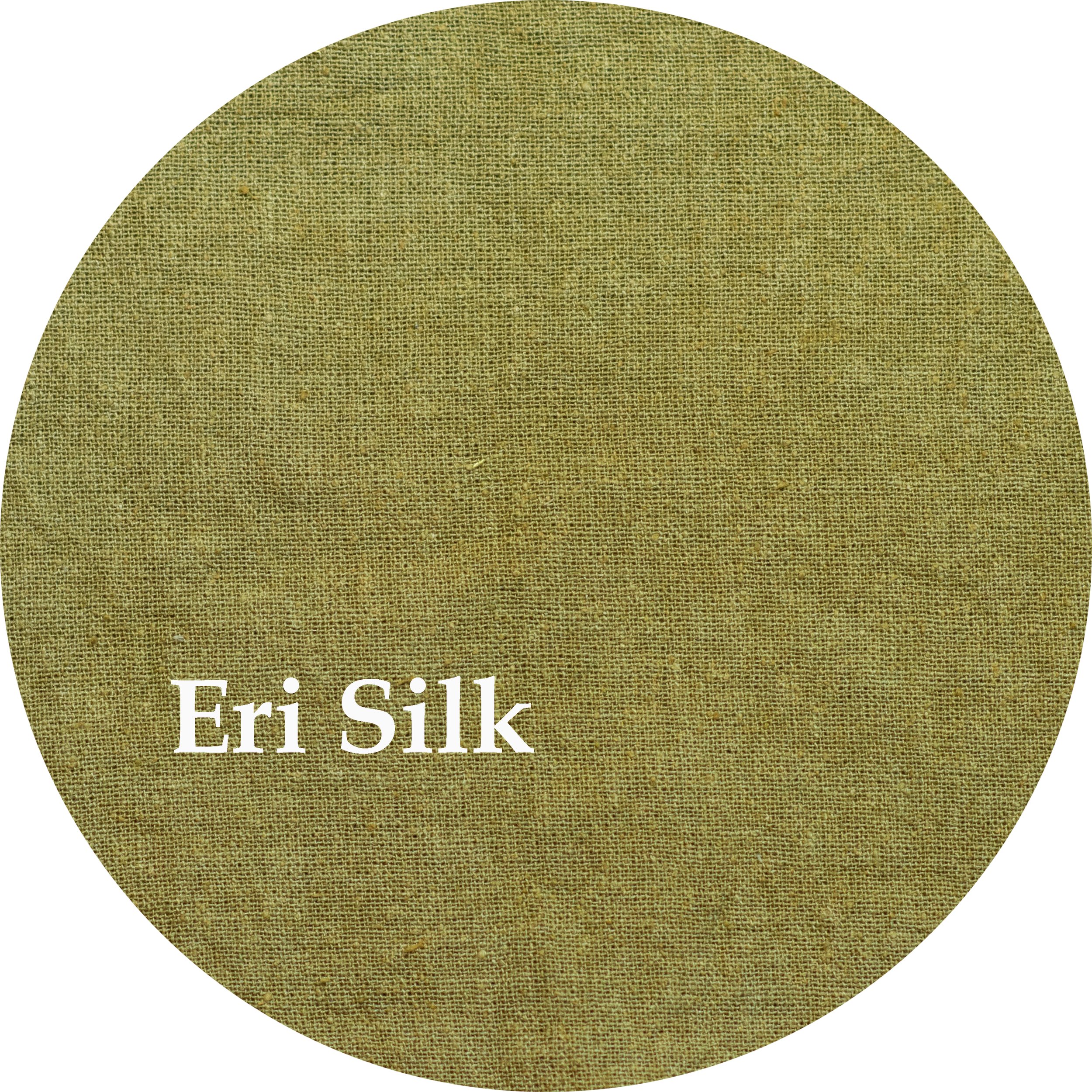 Image 1 of 8
Image 1 of 8

 Image 2 of 8
Image 2 of 8

 Image 3 of 8
Image 3 of 8

 Image 4 of 8
Image 4 of 8

 Image 5 of 8
Image 5 of 8

 Image 6 of 8
Image 6 of 8

 Image 7 of 8
Image 7 of 8

 Image 8 of 8
Image 8 of 8









Gardenia Blue
Shepherd Textiles Gardenia Blue Natural Dye is made from the fruit of the cape jasmine, gardenia jasminoides. Japanese scientists discovered in the 1980s that gardenia seeds would yield a blue dye when reacted with one of the basic amino acids like glycine (found in legumes) or tyrosine (found in cheese). However, to make a stronger and more concentrated gardenia blue extract, it was necessary to find an amino acid that could withstand high extraction temperatures without breaking down. Scientists recently discovered a clever solution: using an amino acid from deep-sea organisms that live near volcanic ocean vents, which are naturally resistant to extreme heat. This new, improved Gardenia Blue gives rich ocean blue shades on wool and silk, and sky blues on cotton. For best results, adjust the pH of the dye bath down to 4 with cream of tartar - about 1 gram of cream of tartar per liter of water should be sufficient. Use Gardenia Blue at 10% WOF on alum-mordanted fibers for medium blues; a copper mordant will shift the shade toward a greenish aqua. For more information and color recipes, check out our Guide to Dyeing with Gardenia Blue.
Product of South Korea.
Shepherd Textiles Gardenia Blue Natural Dye is made from the fruit of the cape jasmine, gardenia jasminoides. Japanese scientists discovered in the 1980s that gardenia seeds would yield a blue dye when reacted with one of the basic amino acids like glycine (found in legumes) or tyrosine (found in cheese). However, to make a stronger and more concentrated gardenia blue extract, it was necessary to find an amino acid that could withstand high extraction temperatures without breaking down. Scientists recently discovered a clever solution: using an amino acid from deep-sea organisms that live near volcanic ocean vents, which are naturally resistant to extreme heat. This new, improved Gardenia Blue gives rich ocean blue shades on wool and silk, and sky blues on cotton. For best results, adjust the pH of the dye bath down to 4 with cream of tartar - about 1 gram of cream of tartar per liter of water should be sufficient. Use Gardenia Blue at 10% WOF on alum-mordanted fibers for medium blues; a copper mordant will shift the shade toward a greenish aqua. For more information and color recipes, check out our Guide to Dyeing with Gardenia Blue.
Product of South Korea.


